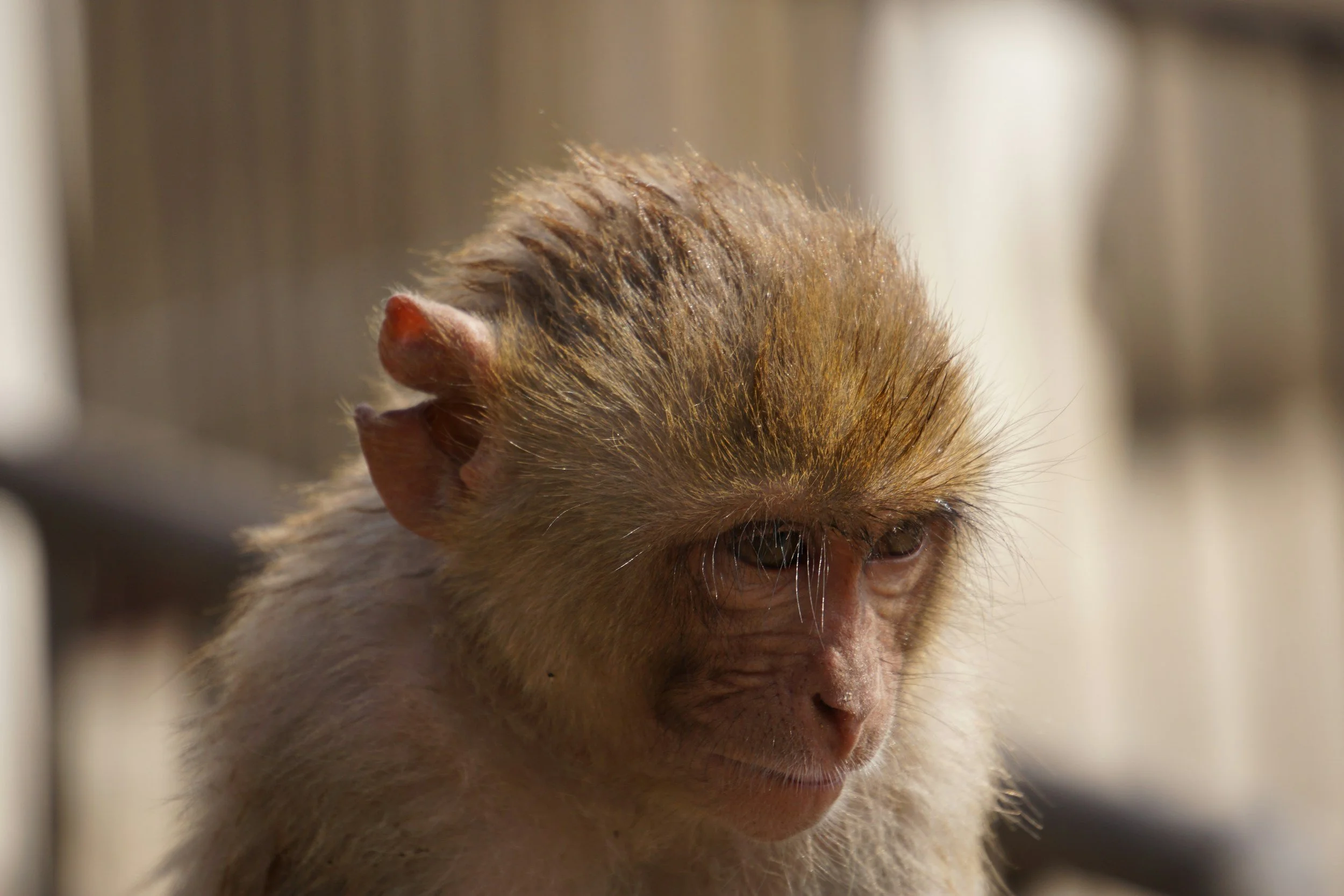Poland Votes To Ban Fur Farming
As the world’s third largest producer of fur, Poland’s landmark new legislation is expected to save around 6 million animals every year.
Fur farming is set to be banned in Poland, the third largest fur producer in the world.
A bill has recently been passed by the Sejm (the lower house of parliament), and when approved by the Senate, Polish fur farms will be outlawed by next year.
This significant development would spare the lives of some six million mink, foxes, and racoon dogs, who are raised and killed for their fur each year across Poland’s 1,190 fur farms.
“This is a humanitarian not a political issue”, says Jaroslaw Kaczynski, leader of the ruling Law and Justice party. “It will surely be supported by all good people in Poland”.
A staunch defender of animal rights, with a particular love of cats, 71-year-old Kaczynski has even made an appearance on social media platform TikTok to promote the bill, as has the prime minister, Mateusz Morawiecki.
While the country’s agriculture minister, farmers, and far-right politicians have condemned the legislation, a poll conducted last year found that 73 percent of Poles believe that raising and killing animals for fur should not be legal.
Kaczynski tried unsuccessfully to ban fur farming in 2018, but is more optimistic this year, after announcing the legislation on the back of an undercover investigation, which was broadcast by Polish media.
Captured by an animal rights activist working on behalf of Open Cages at the country’s largest fur farm in Goreczki, the footage shows groups of mink living in tiny, dirty cages within huge buildings. Many of the mink had been driven to self-mutilate, while others had been attacked or even eaten by others. Some were lying dead in cages, often from food poisoning.
“It’s a very small cage. The mink has to bend its head, bend its neck, and bend its whole body to spin around”, says Yevhen, the undercover worker. “I think the living conditions are very cruel. They need a vast territory and constant movement.”
The footage also shows many sick and injured mink being taken to another site at the farm, known as ‘the hospital’. But without any proper veterinary treatment, none of the mink recover. “They don’t heal there, they only die”, adds Yevhen.
Yevhen was paid around two euros an hour to work at the farm - believed to be the largest mink farm in the world, imprisoning over 500,000 mink - and says the experience will haunt him forever.
This new bill will threaten the country’s lucrative fur industry, which in 2015 produced over eight million mink pelts with a value exceeding $400 million, according to the International Fur Federation.
In 2020, pressure to ban fur farming has intensified, with the Netherlands forced to cull hundreds of thousands of mink due to COVID-19, while the former CEO of the Fur Trade Association has recently denounced the industry.
More stories:
Species Unite
A collection of stories of those who fight the good fight on behalf of animals.




As plant-based diets gain scientific backing, critics say the meat industry is deploying coordinated tactics to shape public opinion.